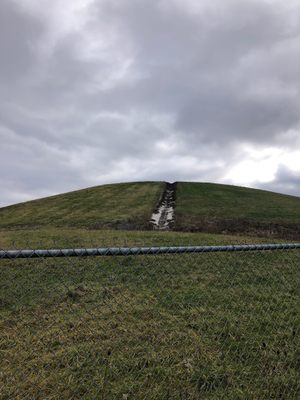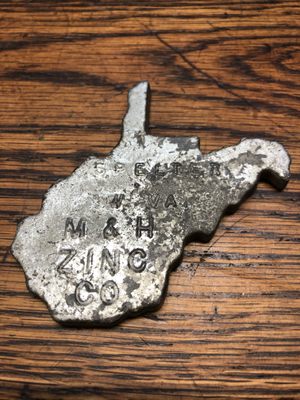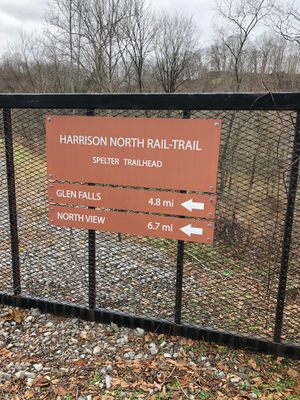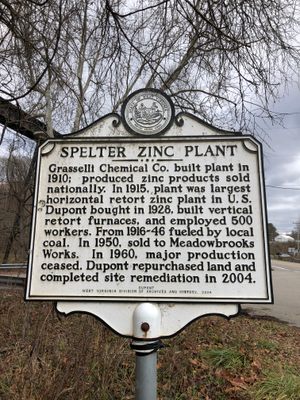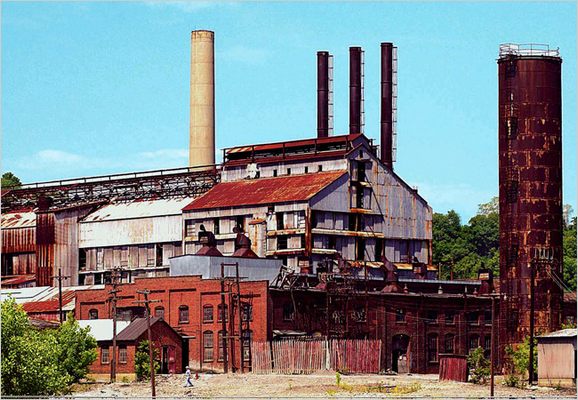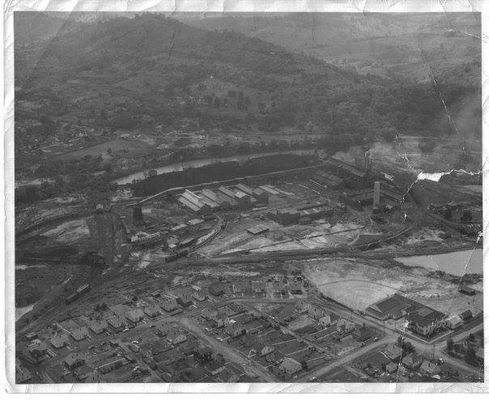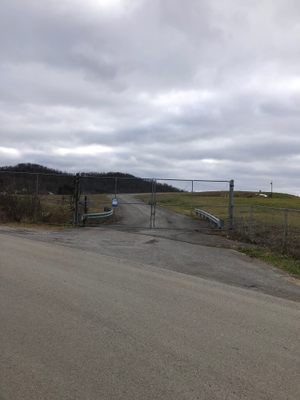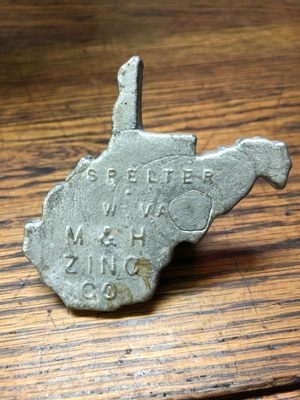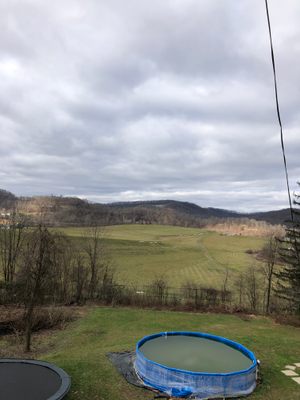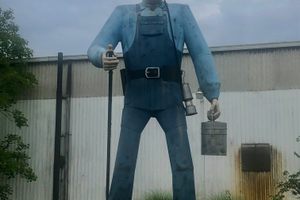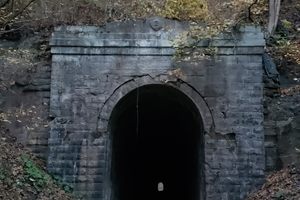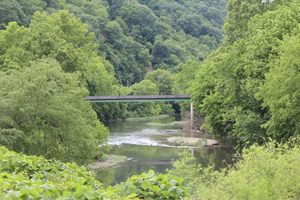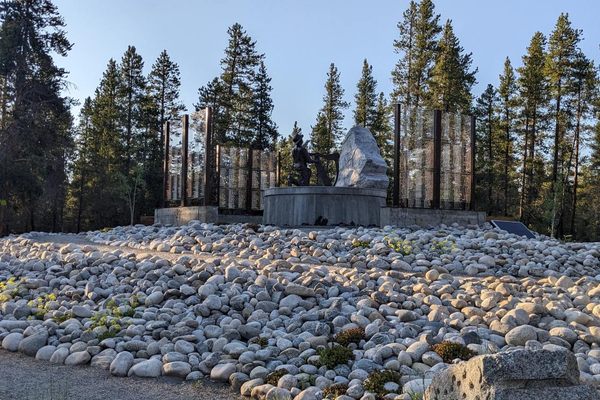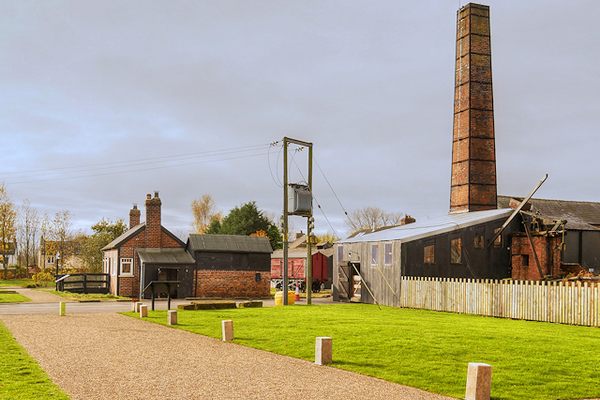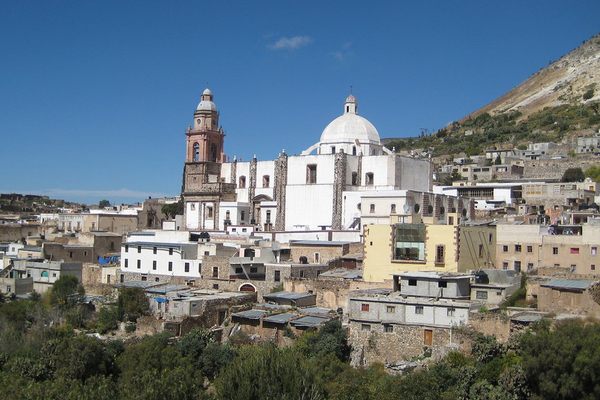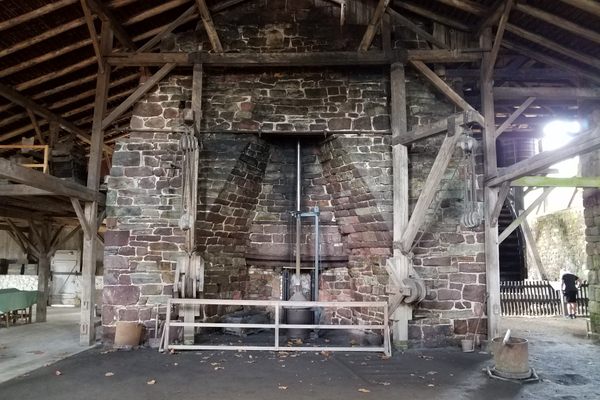About
The word Spelter means commercial or smelted zinc. Beginning in 1910, workers from Spain were brought to this company town along with others in the surrounding Clarksburg area needing work during rough times West Virginia to operate a new zinc smelter.
Over the next 90 years, some four billion pounds of slab zinc were produced, along with 400 million pounds of zinc dust. Zinc ore was in high demand during World War I and fetched up to $112 per ton according to an August 1915 article in the New York Times.
Zinc was used in rustproofing products, paints, and batteries, among other things. The DuPont company acquired the plant in 1928 and expanded its output. It sold the plant in 1960. All production at the facility ceased in 2000. Left behind were piles of zinc tailings nearly 100 feet tall covering 50 acres. The dust from these piles was carried by the wind into the homes which were part of a company town.
In 2001, DuPont repurchased the 112-acre former smelter property and began site cleanup. In 2007, a jury found DuPont guilty of negligence and awarded $380 million in punitive damages. That award was reduced by the West Virginia Supreme Court to $196 million. DuPont later agreed to a $70 million payout for remediation and monitoring.
Today, all that remains of this massive operation a grassy mound surrounded by a chain-link fence. The population of Spelter is now 346 people.
Related Tags
Know Before You Go
The town of Spelter can be easily reached by taking the Pike Avenue exit from US Route 50 at Clarksburg, WV. Head North on US Route 19/Pike Avenue for five miles. A West Virginia commemorative plaque marks the location of Spelter. Turn right at the marker, cross a bridge and the smelter site is on your right.
Visitors cannot enter the property itself, however, there are many spots in town to view the site. A chain-link fence has been built around the entire property.
Published
April 14, 2021
